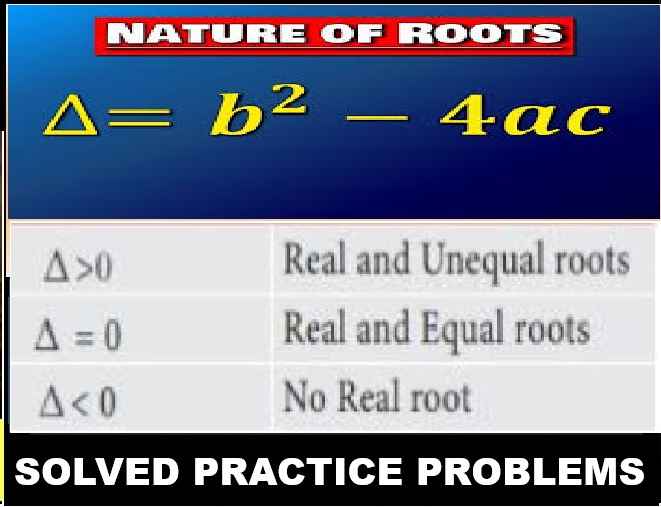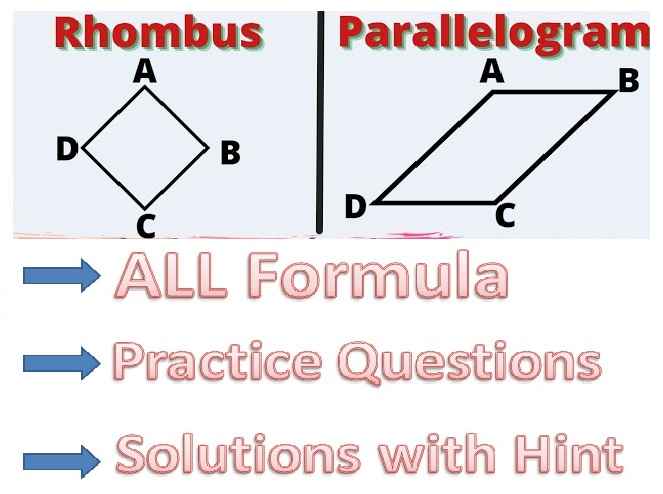Cell : The Unit of Life Very Short Answer Biology Class-9 ICSE Selina Publishers Solutions Chapter-2. Step By Step ICSE Selina Concise Solutions of Chapter-2 Cell : The Unit of Life with Exercise-2 including MCQs, Very Short Answer Type, Short Answer Type, Long Answer Type and Structured/Application Questions Solved . Visit official Website CISCE for detail information about ICSE Board Class-9.
Cell : The Unit of Life Exe-2 Very Short Answer Biology Class-9 ICSE Concise Selina Publishers
| Board | ICSE |
| Publications | Selina Publication |
| Subject | Biology |
| Class | 9th |
| Chapter-2 | Cell : The Unit of Life |
| Book Name | Concise |
| Topics | Solution of B. Very Short Answer Type |
| Academic Session | 2023-2024 |
B. Very Short Answer Type
Cell : The Unit of Life Class-9 Biology Concise Solutions
Page 21
Question 1.
Name the part of the cell concerned with the following.
(a) Liberation of energy
(b) Synthesis of proteins
(c) Transmission of hereditary characters from parents to offspring
(d) Initiation of cell division
(e) Hydrolysis in function
(f) Entry of only certain substances into and out of the cell
Answer:
(a) Mitochondria
(b) Ribosomes
(c) Chromosomes
(d) Centrosome
(e) Lysosomes
(f) Cell membrane
Question 2.
State whether the following statements are true (T) or false (F):
(a) All animal cells contain a cell wall. T/F
(b) A cell wall is made up of protein. T/F
(c) Centrosome occurs in animal cells. T/F
(d) Plant cells contain large vacuoles. T/F
(e) Protoplasm is the part of the cell which surrounds the nucelus. T/F
(f) Genes are located in chromosomes. T/F
(g) Anthocyanins are the pigments of flowers, which are dissolved in cell-sap. T/F
Answer:
(a) F (False). Animal cells do not contain a cell wall.
(b) F (False). A cell wall is made up of cellulose.
(c) T (True)
(d) T (True)
(e) F (False). In eukaryotes, cytoplasm is the part of the cell which surrounds the nucleus.
(f) T (True)
(g) T (True)
Question 3.
How many chromosome pairs are found in human cells?
Answer:
23 pairs of chromosomes are found in human cells.
Question 4.
What is the name of the chemical substance which constitutes the genes?
Answer:
DNA (Deoxyribonucleic acid)
Question 5.
Match the items in column ‘A’ with those in column ‘B’
| Column A | Column B |
| (a) Vacuoles | (i) Intracellular digestion |
| (b) Nucleolus | (ii) Respiratory enzymes |
| (c) Lysosomes | (iii) Covered by tonoplast |
| (d) Anthocyanin | (iv) Dissolved in the cytoplasm |
| (e) Cristae | (v) Forms RNA |
Answer:
| Column A | Column B |
| (a) Vacuoles | (iii) Covered by tonoplast |
| (b) Nucleolus | (v) Forms RNA |
| (c) Lysosomes | (i) Intracellular digestion |
| (d) Anthocyanin | (iv) Dissolved in the cytoplasm |
| (e) Cristae | (ii) Respiratory enzymes |
Question 6.
Fill in the blanks:
(a) _________ consists of membranous sacs and secretes 40 types of digestive enzymes.
(b) _________ is surrounded by microtubules, located near the nucleus.
(c) Very thin flexible, living membrane which is differentially permeable, is called ___________.
(d) More than 1000 chromosomes are found in the nucleus of certain
(e) _________ are hereditary units.
(f) _________ is a plastid which stores starch.
Answer:
(a) Lysosome
(b) Centriole
(c) Plasma membrane
(d) Insects
(e) Genes
(f) Leucoplast
Question 7.
Write the Full Forms of the following abbreviations:
(a) DNA
(b) RNA
(c) ATP
(d) SER
(e) RER
Answer:
(a) DNA: Deoxyribonucleic Acid
(b) RNA: Ribonucleic acid
(c) ATP: Adenosine triphosphate
(d) SER: Smooth endoplasmic reticulum.
(e) RER: Rough endoplasmic reticulum
B. Very Short Answer Type
Cell : The Unit of Life Class-9 Biology Concise Solutions
Page 22
Question 8.
Name the plastid and pigment likely to be found in the cells of
(a) petals of sunflower
(b) ripe tomato
(c) skin of green mango
(d) cells of potato
Answer:
| Cells | Plastid | Pigment |
| (a) petals of sunflower | Chromoplasts | Xanthophyll |
| (b) ripe tomato | Chromoplasts | Carotene |
| (c) skin of green mango | Chloroplasts | Chlorophyll |
| (d) cells of potato | Leucoplasts | No pigment |
— : End of Cell : Unit of Life B. Very Short Answer Class-9 ICSE Biology Solutions :–
Return to Return to Concise Selina ICSE Biology Class-9
Thanks
Please share with your friends


